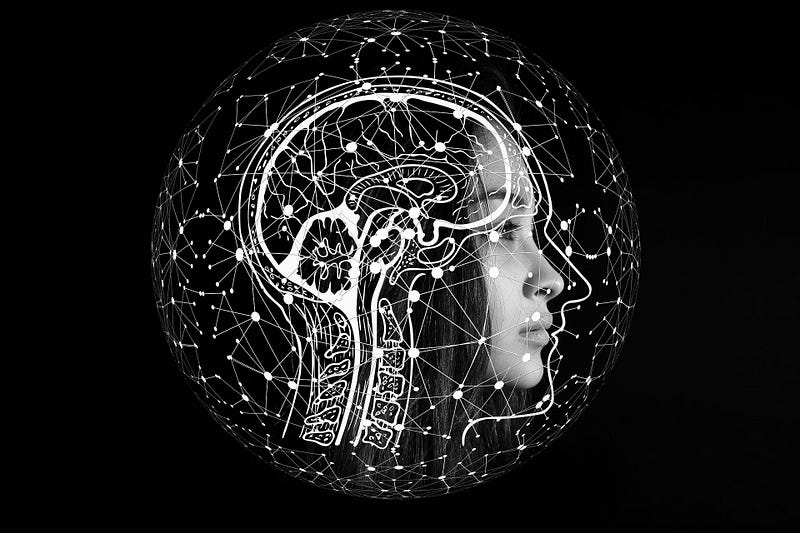generate a new title here, between 50 to 60 characters long
Written on
Chapter 1: The Allure of Eternal Life
The quest for immortality has captivated humanity for centuries. Ancient cultures, such as the Egyptians, believed in monumental structures like the pyramids as pathways to eternal life. Even the first emperor of China, Qin Shi Huang, sought the fabled elixir of life, embodying the relentless pursuit of living forever. In contemporary society, the desire for eternal life continues, supported by significant investments in immortality research from influential figures like Sergey Brin, co-founder of Google, and Larry Ellison, the Oracle owner.
Modern science has shifted the focus from religious beliefs to technological advancements as a means to potentially overcome death. However, the prospect of immortality raises ethical and existential questions: Is death merely a transition, as many religious perspectives suggest, or is it something that we must confront?
Section 1.1: Promising Technologies for Immortality
Researchers have proposed various methods that might lead to extending human life significantly. Here are several promising technologies and theories in no particular order.

Cryonics
One of the most talked-about methods in the pursuit of immortality is cryonics, a concept popularized by science fiction. This technique involves preserving recently deceased individuals in a frozen state, with the hope that future medical advancements will allow for revival and treatment. Ralph Merkle, a prominent figure in the cryonics field and a board member of the Alcor Life Extension Foundation, has been a key advocate since Alcor's first human cryopreservation in 1976. To date, Alcor has preserved 153 individuals, with many more making arrangements for future preservation.
Merkle believes that future technologies will enable us to analyze and repair the brain, restoring memories and consciousness. While current technology has not yet validated this idea, the potential remains for it to become a reality.
This video discusses advancements in science related to human immortality, exploring potential breakthroughs and ongoing research in life extension.
Renewing Body Parts
According to Dr. Pearson, the rapid advancements in biotechnology may lead to solutions that allow for bodily rejuvenation. By harnessing genetic engineering and regenerative medicine, we might be able to halt the aging process or even replace damaged organs. The possibility of rejuvenating oneself to a youthful state rather than living indefinitely in an elderly body is an enticing prospect for many.

Mind Uploading and Robotic Avatars
Another avenue researchers are exploring involves mind uploading, where individuals could save copies of their consciousness to be transferred into robotic avatars. Neuralink, Elon Musk’s brain interface company, is pioneering efforts in this domain, aiming to develop technologies that could read and replicate human thought processes. This innovation could theoretically enable a form of digital immortality.

Regenerative Blood Transfusions
While it may sound fantastical, regenerative blood transfusions could potentially extend human lifespan by 10 to 20 years or more. Preliminary studies with young mice have demonstrated significant improvements in heart strength and muscle growth, raising the possibility that similar techniques could be developed for humans in the near future.

Chapter 2: The Philosophical Implications of Immortality
The distinction between living forever and true immortality is critical. While advancements in health and medicine may allow us to extend our lifespan, we must ultimately confront the reality of death. The notion of existing in a digital format or within a robotic body does not resonate with everyone, as it raises questions about identity and consciousness.
Moreover, the viability of cryonics remains uncertain, and while it may seem to be a more plausible solution, it still represents a long shot. Ultimately, the most pressing question remains: Do we genuinely wish to pursue immortality, and what consequences would it entail for society at large?
In this video, the discussion centers around the philosophical aspects of immortality and whether living forever is truly desirable.